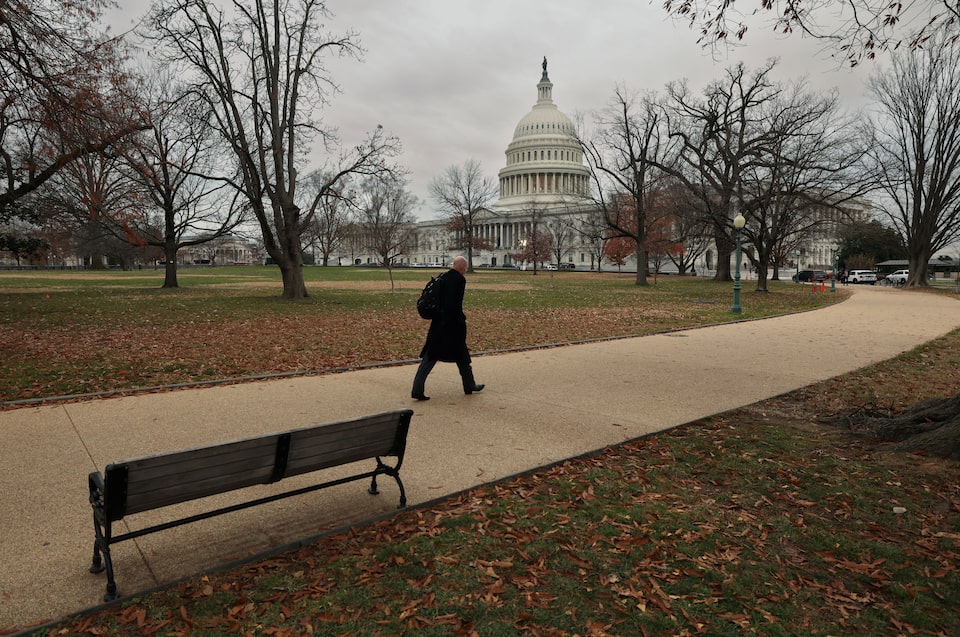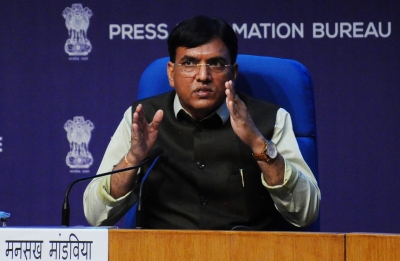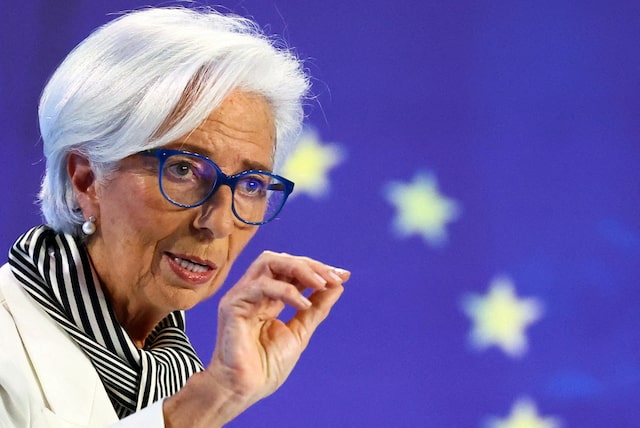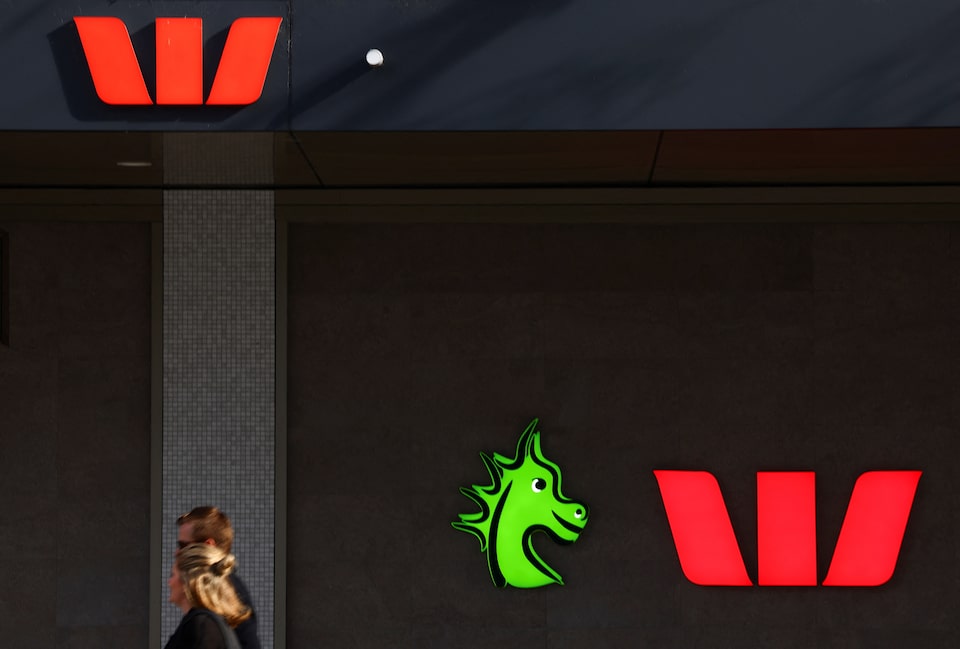A man walks toward the Capitol on a day where a potential government shutdown looms during the holidays after a spending bill backed by Donald Trump failed in the U.S. House of Representatives, on Capitol Hill in Washington, U.S., December 20, 2024. REUTERS

A Wall Street sign hangs in front of a U.S. flag outside the New York Stock Exchange in New York City, U.S., September 18, 2024. REUTERS
Summary
- Markets expect shutdown resolution, minimal impact on stocks
- Investors concerned about Trump’s agenda implementation amid shutdown risk
- Republican hardliners resist Trump’s debt ceiling push
NEW YORK, (Reuters) – The messy process of trying to avert a U.S. government shutdown offers investors a glimpse into challenges the incoming Trump administration will face in implementing its agenda, adding a market concern for the coming year.
While the showdown has so far not rattled markets, investors said it helped feed into the volatility unleashed by the Federal Reserve’s projection on Wednesday for fewer U.S. interest rate cuts next year.
“Granted, Trump isn’t president yet, but he will interject ideas at the last minute and there’s no guarantee every member of the Republican Party in Congress is going to go along with his ideas,” said Brian Jacobsen, chief economist at Annex Wealth Management in Menomonee Falls, Wisconsin. “That is a formula for gridlock, uncertainty, and volatility.”
The U.S. Congress was scrambling to avert a government shutdown on Friday, hours after more than three dozen Republicans joined Democrats to reject a demand by President-elect Donald Trump to use the spending bill to lift the nation’s debt ceiling.
Republican hardliners who normally are ardent Trump supporters are resisting his push to raise the U.S. debt ceiling, sticking to their belief that government spending needs to be pruned and defying his warnings of revenge.
A bipartisan deal negotiated with Democrats who now control the Senate and the White House collapsed on Wednesday after an online fusillade of criticism by Trump and Elon Musk. The failure to pass the bill offered investors a peek at how policy might take shape next year.
“This behavior … provides some insight into how Trump may approach governance. He is likely to lead with bold threats and leverage them to push negotiations in his favor,” said Joe Hoffman, CEO of Mesirow Currency Management.
Prolonged government battles can upset equity investors, who have reaped the S&P 500’s roughly 25% gains for the year, its second straight year of 20% or more gains.
The fighting may even hurt the so-called ‘Trump Trade’ which has lifted assets likely to benefit from Trump’s policies on tariffs and deregulation.
Still, U.S. government shutdowns are fairly recurrent events that on average last nine days. The market generally takes them in stride, with stocks slipping more in the days ahead than during shutdowns, according to CFRA Research data.
The S&P 500 has on average fallen 0.3% in the week before government shutdowns, compared with an average rise of 0.1%, for the duration the government remained shut, CFRA data showed.
Indeed, on Friday, the S&P 500 was up 1.7%, as a cooler-than-expected inflation report eased some market concerns triggered by the Fed forecasting only two rate cuts for 2025.
“Uncertainty surrounding whether a shutdown will occur is greater than when it actually occurs,” Sam Stovall, chief investment strategist at CFRA, said.
That may be why markets may be largely shrugging off the Friday midnight deadline for Congress to get a deal done.
“(Investors) think it’s more likely than not that it’ll be resolved today, but that a shutdown, if it were to come, would be short and relatively non-impactful,” said Helen Given, associate director of trading at Monex USA, in Washington DC.
Still, the difficulty of getting a deal to avert government shutdown bodes ill for Trump’s agenda.
“It’s possible to interpret the current impasse as a sign that Donald Trump will struggle to get a big fiscal stimulus through Congress in 2025, given the resistance of fiscal hawks in his own party who would like to see plans for more spending cuts in exchange for raising the debt limit or extending its suspension,” said John Higgins, Capital Economics’ chief markets economist, in a note.
Reporting by Saqib Iqbal Ahmed; Additional reporting by Chuck Mikolajczak, Laura Matthews and Karen Brettell; Editing by Megan Davies and Richard Chang





